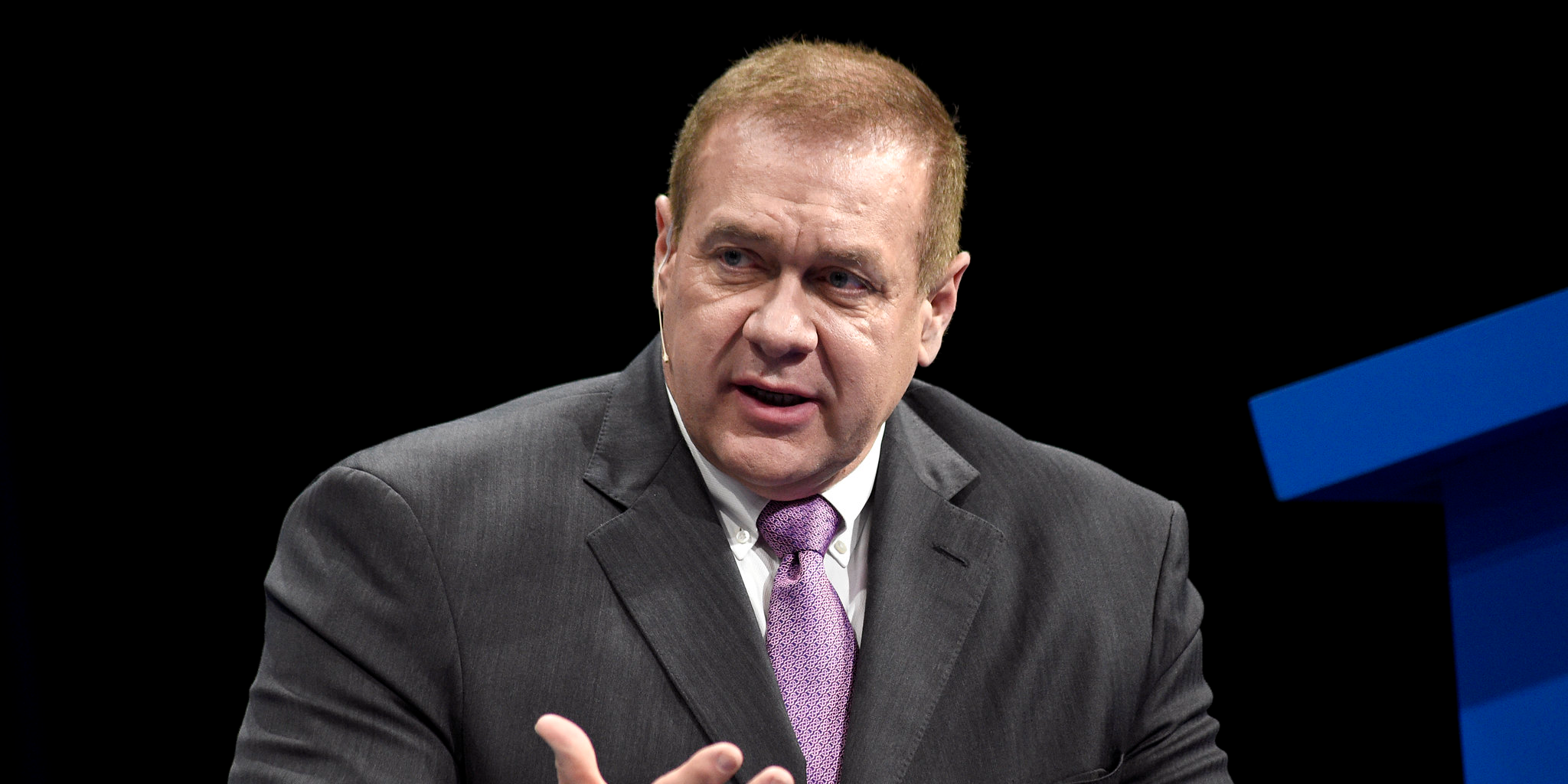- Scott Minerd of Guggenheim called the coronavirus “possibly the worst thing I’ve ever seen in my career” in an interview with Bloomberg Television on Thursday.
- He also said that the Federal Reserve is “fairly impotent” to stop the market damage as “lowering interest rates isn’t going to encourage somebody to take the risk of getting the virus.”
- “It’s very hard to imagine a scenario where you can actually contain this thing, and that’s the thing to me that’s very frightening,” Minerd said.
- Read more on Business Insider.
Scott Minerd, the chairman of investments and global chief investment officer of Guggenheim, said that he’s never seen anything as bad as the coronavirus epidemic in an interview with Bloomberg Television on Thursday.
“This is possibly the worst thing I’ve ever seen in my career,” Minerd said of the coronavirus outbreak, adding that he’s been through a lot including the stock market crash of 1987 and the financial crisis.
Earlier in the interview, Minerd said that he thinks the Federal Reserve is “fairly impotent in this environment.” That’s because the virus that originated in Wuhan, China, is impacting both supply and demand in the US, he said.
“Hotels in New York are empty,” he said, adding that airlines are struggling as people limit travel. “Lowering interest rates isn’t going to encourage somebody to take the risk of getting the virus.”
The coronavirus epidemic "has the potential to reel into something extremely serious," said Minerd, pointing to recent data showing the uptick in cases in Korea, Italy, and Spain.
"It's very hard to imagine a scenario where you can actually contain this thing, and that's the thing to me that's very frightening," he said. Still, he said that he does not see a bear market as inevitable, but does seen downside risk to stocks if the coronavirus spreads further in the US.
This week the S&P 500 and the Dow Jones Industrial Average have fallen for six consecutive days and are now trading in correction territory, down 10% from recent all-time highs as concern over the coronavirus outbreak mounts. At the same time, investors are piling into so-called safe-haven assets, pushing yields on the 10-year and 30-year US Treasury bonds to record lows.
Now, Wall Street is calling for three rate cuts from the Federal Reserve, up from previous estimates. While the Fed indicated that it would monitor the coronavirus for potential impact on the US economy, members of the Federal Open Market Committee have indicated it's too early to decide if central bank action is needed to address an outbreak.

